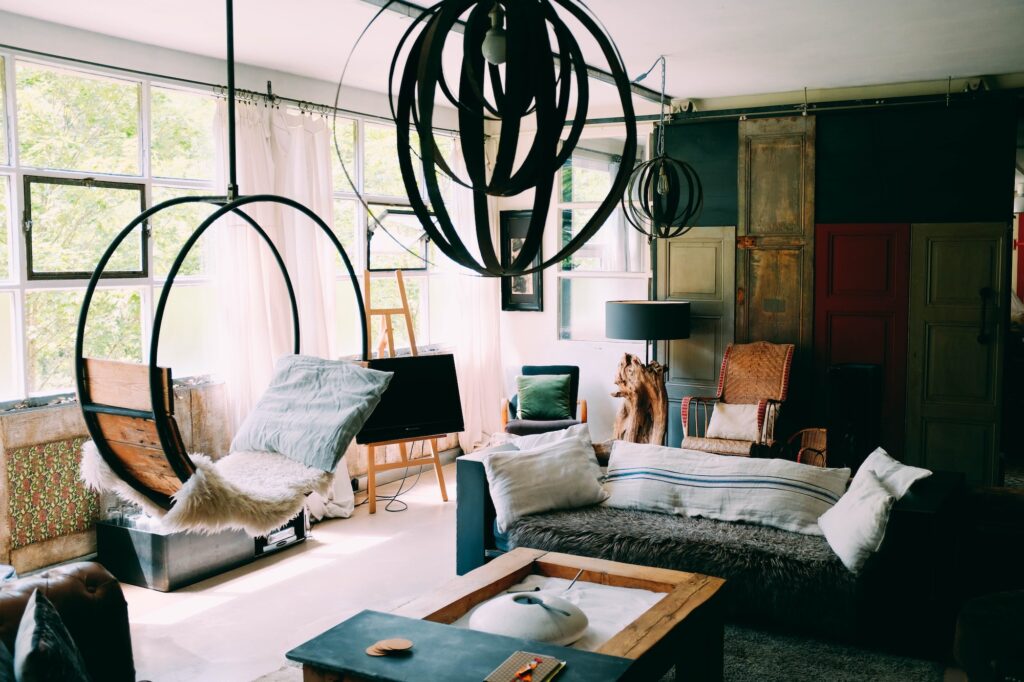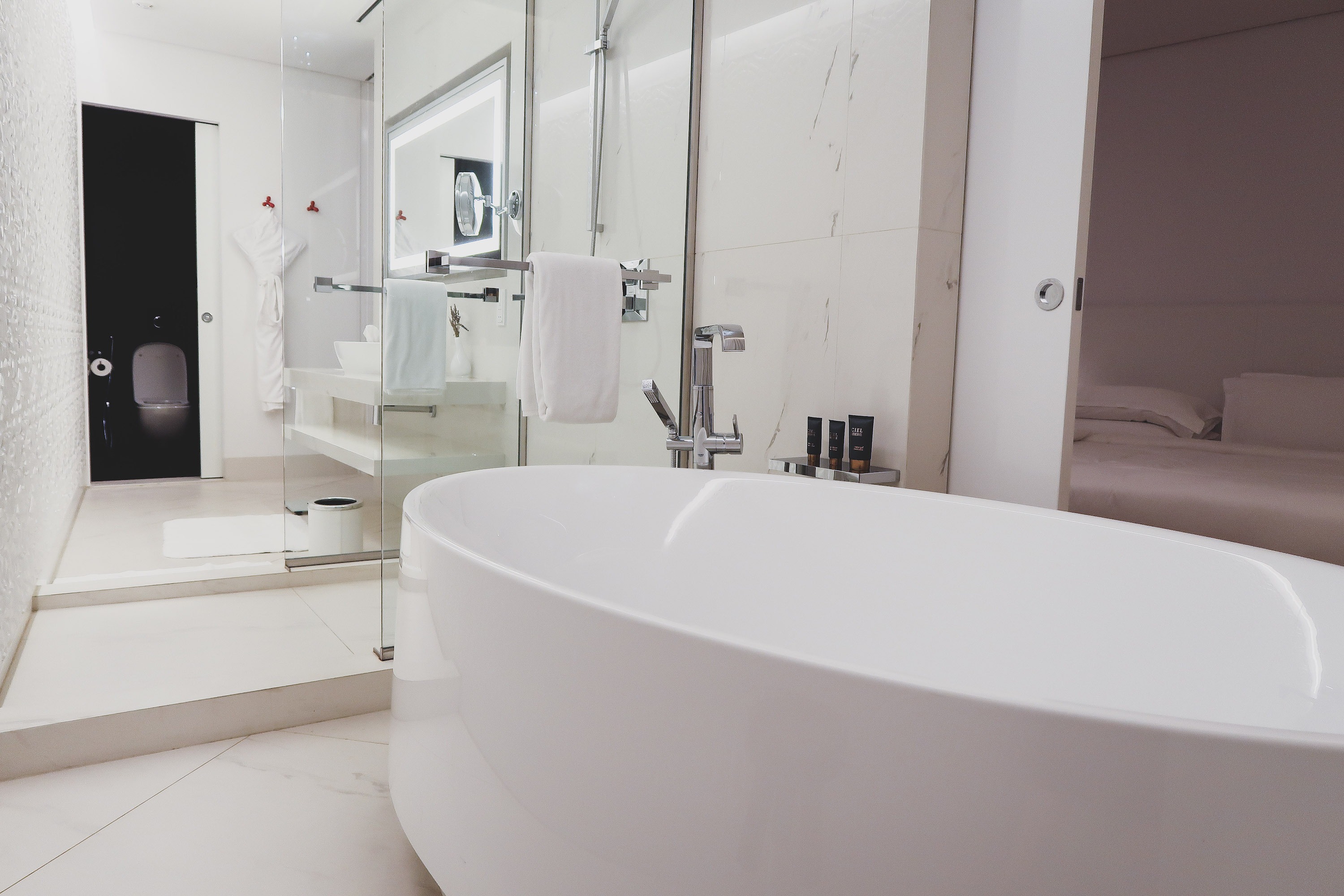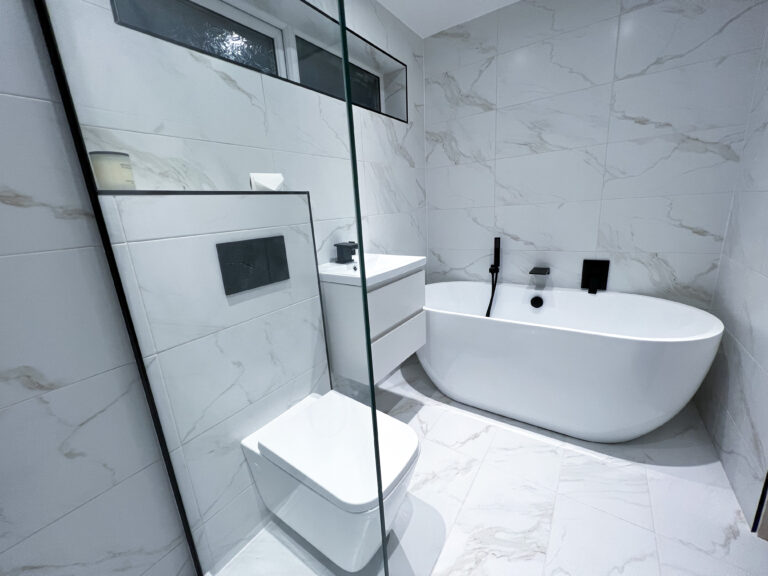Climbing the property ladder can be an exciting yet stressful prospect for anyone in the process of a house purchase. Whether the individual is a first-time buyer, a landlord, or a seasoned homebuyer, it can take much determination to secure the house of your dreams. Determination, patience and cutting expenditures are three essential qualities you’ll need for a house purchase, although many people find that the latter quality poses the biggest challenge. Homebuyers’ remorse is extremely common, affecting around 43% of homeowners, and one of the most prevalent worries are those surrounding finances.
What if you’ve made a mistake in choosing your property, and a more suitable house comes onto the market in the next few weeks? What happens if you can’t afford the monthly instalments for your home? What if you haven’t saved enough? Rest assured that these qualms are entirely usual for anyone going through a house purchase, which is why we’ve created this article outlining a few money-saving suggestions to ease some of these worries and bring you closer to the house of your dreams.
4 Really Cost-Effective Suggestions for Saving For a House Purchase
Determine How Much Savings To Allocate Towards Your Down Payment
Determining how much savings potential homeowners should allocate towards their down payment and whether it can be afforded is a thought that occupies many a homebuyer’s minds. Typically, when it comes to property sales, making a down payment of at least 20% of the asking price is the general guideline. Making a down payment of 20% or more is beneficial as it directly correlates to the type of mortgage you qualify for and how much a lender or broker will give you, plus the terms and conditions of the loan. It also sets you apart from other homebuyers with lower down payments and will make you look more attractive as a potential buyer to lenders.
Putting more money down as a deposit lowers the chance of risk for lenders and eliminates the possibility of you paying higher interest rates plus determining your monthly mortgage payments. You can choose how much of your savings to set aside for your down payment by assessing your current financial situation and the amount of savings you have already and weighing up how much you can realistically set aside without affecting your current lifestyle. You should also consider the property you intend to buy and your budget, giving you a realistic picture of your down payment.
Cut Out Any Bad Habits And Reduce Expenses Wherever Possible
Another cost-effective way to save for a house purchase is by cutting out any bad habits that you may have or by reducing expenses wherever possible, whether you like to treat yourself to a takeaway once a week or if you’re prone to impulse purchases.
Determining lousy spending habits and being mindful can help you put the money towards something important, like a house purchase. You could minimise the financial risk of your bad spending habits and prevent them from affecting your house savings by implementing some of the following suggestions;
- Remove the temptation of online shopping and takeout by deleting all shopping and food delivery apps and preparing more meals at home.
- Disable contactless payments on your phone and other devices, making it harder for you to make impulse purchases.
- Unsubscribing from marketing emails.
- Remove your payment details from the autofill function on all your devices.
Ask Friends And Family Members For Help Or Consider Other Options
Purchasing a property is one of the most significant financial decisions in a person’s life and one of the costliest. Therefore, you shouldn’t feel ashamed to ask friends and family for help, especially if you’re struggling or have several unsettled debts. You may want to ask friends and family members for a small loan that you can pay back when you have the means of doing so, or you could look at taking out personal loans or payday loans from lenders or credit brokers such as Payday UK.
Utilising the services of lenders such as the previously mentioned is especially useful if you have various debts to consolidate or utilising lots of credit cards and payment plans at once. Enabling you to pay off all your debts with the credit received from one loan payment and leaving you with just one repayment to keep track of instead of multiple.
Automate Your Savings
Keep track of how much you’re saving for your house purchase by contacting your bank and asking them to automate monthly withdrawals from your current account to your savings. Doing so is especially useful if you’re prone to impulsive purchases or bad at money management, as it makes your finances less accessible and prevents you from making unnecessary purchases.
We recommend scheduling the automatic payment for a specific date so that you remember when the money is due to be transferred, such as payday or the beginning/end of each month, so that you’ll always have enough money in your account for the automatic transfer and don’t accidentally go into your overdraft.




